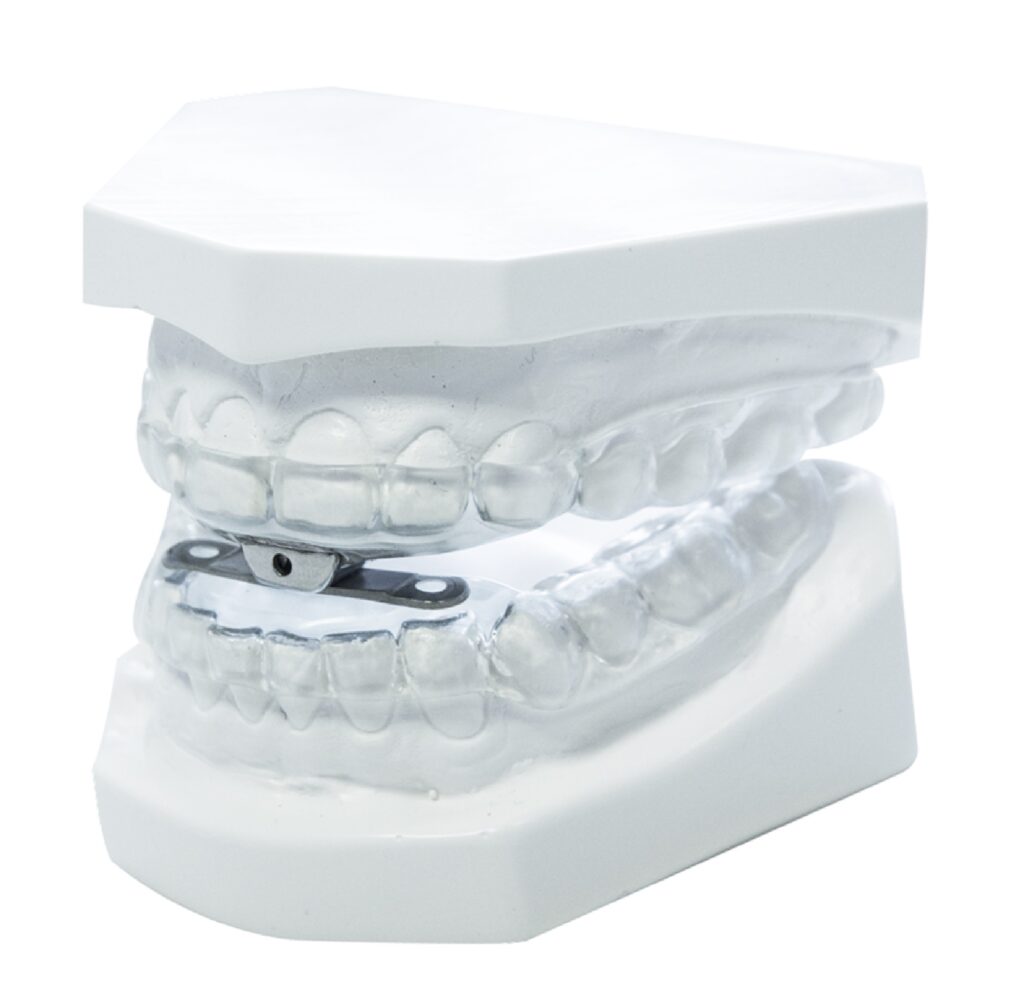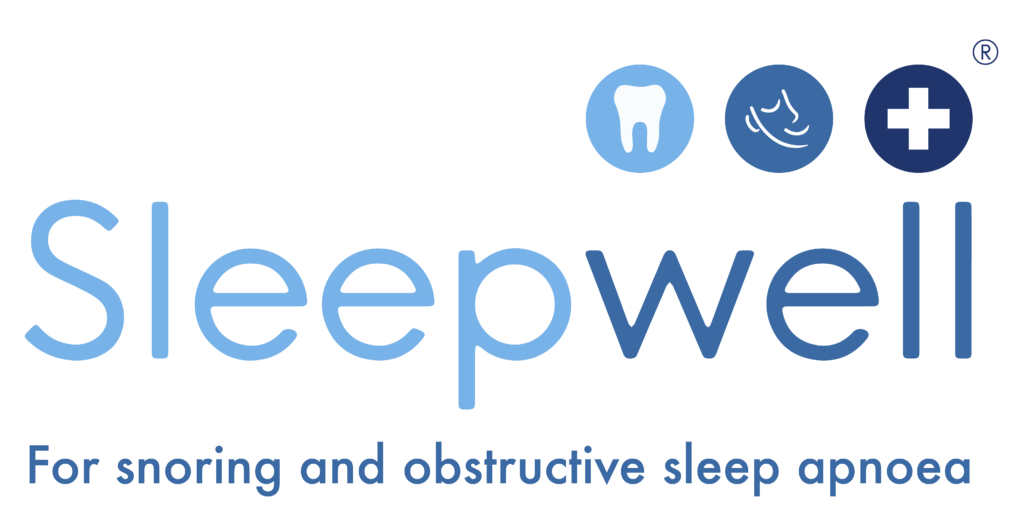- 37 Castle Street, Salisbury SP1 1TT
- info@bonddentalclinic.co.uk
- 01722 417 007
- Mon - Fri: 09:00 - 1700
Do you suffer with snoring or are you being kept you awake at night?
Simple snoring is the noise resulting from a partial closure of the airway during sleep. It is estimated that over 45% of the population snores, leading to disrupted sleep for the sufferer and their bed partner.
Patients suffering from snoring often go untreated, as they are too embarrassed to seek help for their problem. Those that do try to get help often consult their GP for a solution, where certain lifestyle changes may be suggested including, weight loss, different sleeping positions, staying well hydrated and avoiding alcohol.
What many patients are unaware of is that dentists can provide a clinically proven solution to treat their snoring with a Mandibular Advancement Splint. The Sleep well MAS is the most clinically proven for the treatment of snoring and mild to moderate OSA.
Dr Birute Bond has been trained to offer Sleep well treatment.

What is Snoring?
Snoring is more than just a disruptive noise at night. Simple snoring, as it is known, is caused by the partial closure of the upper airway during sleep. The resultant reduction in airflow is what causes the snoring sound, as the soft tissues at the back of the throat vibrate.
Certain factors can increase the likelihood of snoring, such as: weight, age, gender, alcohol, smoking and sleeping position. Middle-aged males are three times more likely to suffer from snoring than their female counterpart.
Ranging from 50-100 decibels, the equivalent of a pneumatic drill, snoring can lead to relationship issues, exhaustion, increased stress, and depression. In some cases, though not all, snoring can also be indicative of a condition called Obstructive Sleep Apnoea – a potentially life-threatening condition if left untreated.
What is Obstructive Sleep Apnoea (OSA)?
Obstructive Sleep Apnoea (OSA) is caused by the repeated collapsing of the airway during sleep, resulting in complete (apnoea) or partial (hypopnoea) obstruction of the airflow for 10 seconds or more. To a bed partner, these episodes can be identified as the sufferer stopping breathing during the night, often waking themselves up with a snort or gasp.
Left untreated, these regular disruptions to sleep can lead to serious consequences for the sufferer – and their bed partner – including, increased blood pressure, heightened risk of cardiovascular disease, strokes, diabetes, and excessive daytime sleepiness.
How Do I Know If I Have Obstructive Sleep Apnoea?
As mentioned above, there are certain characteristics of a sufferer having apnoeic episodes, such as snoring and/or gasping, and cessations in breathing. If this sounds familiar, or you are also suffering from any of the side effects listed above, we recommend visiting a medical professional for advice.
Dentists trained in dental sleep medicine will give you a short questionnaire to assess your risk of suffering from OSA when they begin treatment for snoring. Depending on the results generated from this, you may be prescribed an appliance called a Mandibular Advancement Splint (MAS) or be referred on for a sleep study.
What treatments for Snoring are available?
There are a number of solutions available for both Snoring and OSA.
Mandibular Advancement Splints (MAS) are commonly used for the treatment of both.
MAS devices work by holding the lower jaw in a forward position, to prevent it from dropping back in sleep and obstructing the airway.
There are a number of splints available on the market, including Sleep well – our most popular MAS appliance.
Now made in the UK (Sheffield) using a unique manufacturing process, sleep well has been shown to be the most clinically successful in clinical studies.
To find out more please speak to a member of the team or contact us here


